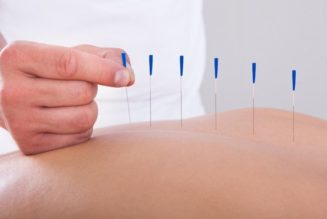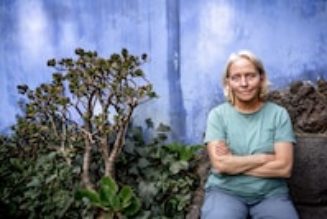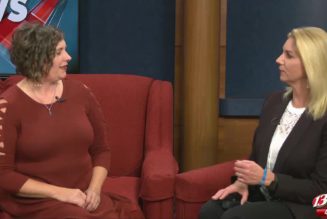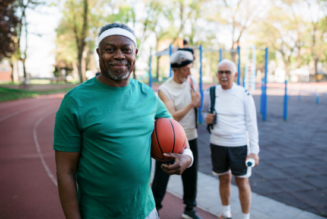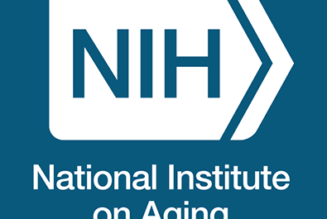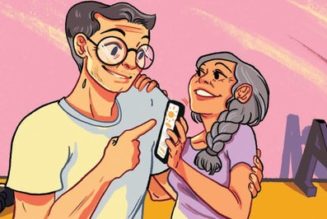The future has much potential as the REACH Up and Out program hopes to continue to make an impact on the lives of Black women in the Deep South.
Media contact: Adam Pope
 The future has much potential as the REACH Up and Out program hopes to continue to make an impact on the lives of Black women in the Deep South.Rural communities in the Deep South often lack healthy food options and fitness resources. The University of Alabama at Birmingham’s Minority Health and Health Equity Research Center recently concluded a successful implementation of a transformative initiative to address health disparities and promote healthy eating and physical activity among Black women, ages 18 and older, living in rural Alabama and Mississippi.
The future has much potential as the REACH Up and Out program hopes to continue to make an impact on the lives of Black women in the Deep South.Rural communities in the Deep South often lack healthy food options and fitness resources. The University of Alabama at Birmingham’s Minority Health and Health Equity Research Center recently concluded a successful implementation of a transformative initiative to address health disparities and promote healthy eating and physical activity among Black women, ages 18 and older, living in rural Alabama and Mississippi.
The REACH Up and Out: Toward a Healthier Lifestyle program is a five-week community-led evidence-based participatory intervention that enables Black women to improve their health by fostering a vibrant social support group. The flexibly designed program allows community groups to conduct sessions on their own schedules, reducing barriers to participation. The environment inspires the women to create meaningful relationships while collectively working on their health journeys.
The research program was originally developed and implemented by Isabel Scarinci, Ph.D., professor in the UAB Marnix E. Heersink School of Medicine, from November 2009 through October 2011. The initial implementation of the program recruited Black women ages 45-65 in a randomized trial and evaluated the promotion of healthy eating and physical activity. The program teaches practical and sustainable ways to live a healthier lifestyle, with topics such as evaluating current habits, nutrition, physical activity, eating out and stress management. At the 24-month follow-up, positive changes were maintained with eating behaviors, but not engagement in physical activity.
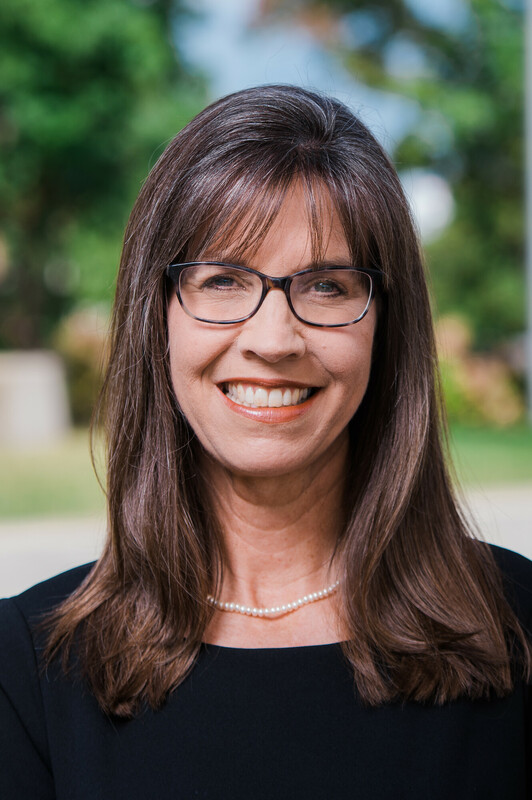 Lori Bateman, Ph.D.
Lori Bateman, Ph.D.
Photography: Lexi CoonThe UAB Obesity Health Disparities Research Center, a center funded by grants from the National Institute on Minority Health and Health Disparities, backed the most recent implementation of the RUO program as a pilot project. This implementation was modified as a train-the-trainer model, transforming it from an academic center-led program to a community-led approach. Based on the research trial’s evidence-based findings, the objective of this program was to establish and educate a network of community partners with the capacity to effectively incorporate the curriculum within their own organizations.
The first step in any community engagement activity is to listen to the community. Lori Bateman, Ph.D., assistant professor in the UAB Division of Preventive Medicine and lead investigator for RUO, conducted focus groups in Selma, Alabama; Jackson, Mississippi; and New Orleans, Louisiana.
The aim of these focus groups was to identify barriers and facilitators to successful implementation within these communities. The program implementation was tailored to each community, and trusted community partners were selected to implement it. Rural Health Medical Program, Inc., in Selma and Shanks Health, Housing, Employment, Education, Training and Services in Jackson were invited to lead the program in their areas. MHERC facilitators trained supervisors from each organization, who in turn trained their own community health workers to instruct the classes.
“It was an environment where you talk about a lot of things, and you can ask questions, get answers and share information with one another. Our instructor was very methodical in her presentation, and she gave me an opportunity to ask questions and share thoughts with others.” – Participant
The impact has been immediate, with participants reporting significant positive changes. Participants observed a decrease in their consumption of fried foods and an increase in their consumption of fruits and vegetables. Increased physical activity was reported as well. The community-owned intervention provides support and fosters participants’ dedication to embracing a healthier lifestyle.
The MHERC and OHDRC are grateful to their community partners for helping engage African American women in prioritizing their health and well-being.
“We went over nutrition labels, so I’m paying more attention to that when I’m around food or I’m shopping. I pay attention to calories, sugar and sodium. It makes you more conscious of what you’re eating.” – Participant
“Translating evidence-based health promotion initiatives into programs that can be readily implemented by local organizations with few resources is an important strategy for improving health among populations that experience health disparities,” Bateman said. “We are so pleased to learn that the local partners in our pilot implementation were successful in implementing the program and that participants were able to make positive changes toward improving their health during the program.”


